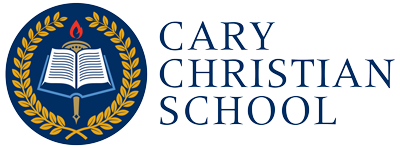“Science brings men nearer to God.”
– Louis Pasteur
Some of the fastest growing and highest paid careers with the greatest projected demand require specialized training and/or degrees in science, technology, engineering, and/or mathematics (STEM). Thus, the demand for STEM enrichment programs has exploded. One of the biggest challenges for students entering STEM programs is a lack of critical thinking and problem solving skills. These skills are critical for success not only in STEM studies and careers, but also for wise decision making and faithful stewardship in daily life.
With past experience advising STEM implementation and a lifelong passion and career within STEM fields, I am extremely grateful to be leading the STEM GEMS after school enrichment program at CCS. This weekly Science, Technology, Engineering and Mathematics class helps students to “Get Excited about Math and Science“! It has also been catapulting love of learning in all fields of study. After a few years in the grammar stage of classical education, students begin asking more “how” and “why” questions and wanting to explore subjects in more depth and in a hands-on way. This course feeds that appetite for interactive learning, builds critical thinking and problem solving skills while inspiring thoughtful observation, discovery, innovation, and invention.
Each class integrates multiple disciplines through observation and experimentation using the scientific method. After evaluating properties or making discoveries, students consider other applications for that knowledge and potential and/or existing technological applications. Then students interact with those technologies and discuss the engineering behind them. Math games, challenge questions, and puzzles, which build problem solving skills are also integrated into the classes.
The class format is fun, open, and interactive with guided questions to help students derive answers and form their own conclusions. The learning process incorporates doing (firsthand experiences), constructing (building knowledge) and connecting (relating observations to existing knowledge and real life applications). A sampling of topics being covered this year includes fundamental processing skills, virtual reality, phases of matter, water microbiology, oceanography / marine biology, computer hardware and assembly, force, motion, work, air pressure, flight / aerodynamics, speed, and acceleration.
The most important goal of this course sets it apart from other STEM programs. Students will increasingly recognize God’s hand in what they observe and be inclined to worship Him as they see all creation reflecting His majesty and brilliance (Romans 1:20). Each lesson teaches relevant Biblical precepts for effective discipleship while laying foundations for scientific and mathematical apologetics which strengthen students’ faith and equip them to stand firm in the truth when facing opposing, arrogant, or hostile worldviews. Students will also be encouraged in their faith as they study new scientific findings made possible through advanced technologies, such as numerous features of the ocean floor, which were previously referenced in the Old Testament long before such things could be humanly fathomed. (Job 37, Genesis 7, Psalm 33, Proverbs 8)
STEM GEMS is currently available for students in 3rd through 5th grades and is recommended for all students, not just those seeking enrichment in science and math. In addition to the benefits mentioned previously, this program should help improve comprehension in higher level math and science courses and increase standardized test scores. The interactive and multi-sensory teaching methods help students with non-traditional learning styles thrive, while the absence of testing/grades frees students to enjoy the learning process fully. For more information or to register your child for the next session, please visit the following webpage: http://stemgemsatccs2016spring.eventbrite.com.
“The more I study nature, the more I stand amazed at the work of the Creator.”
– Louis Pasteur
 |
| Discovering properties of CO2 |
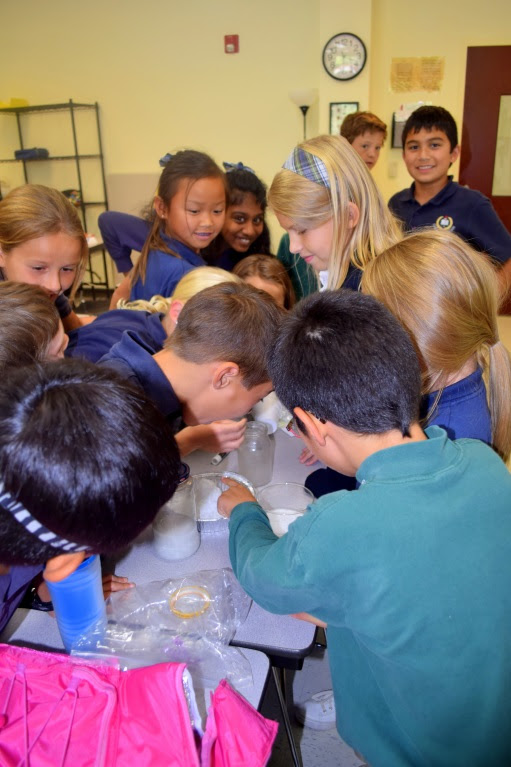 |
| Making Hot Ice Sculptures |
 |
| Experimenting with Non-Newtonian Liquids |
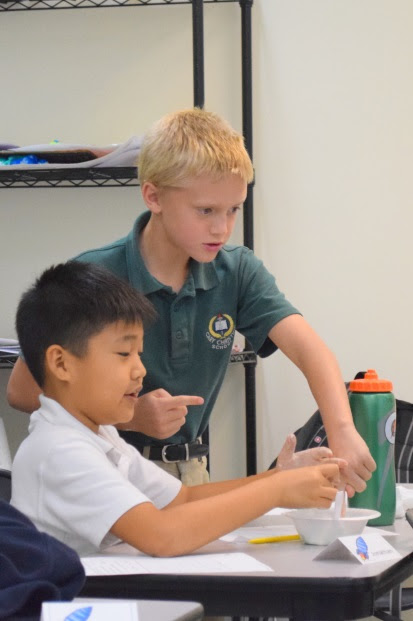 |
| Viscosity Lab |
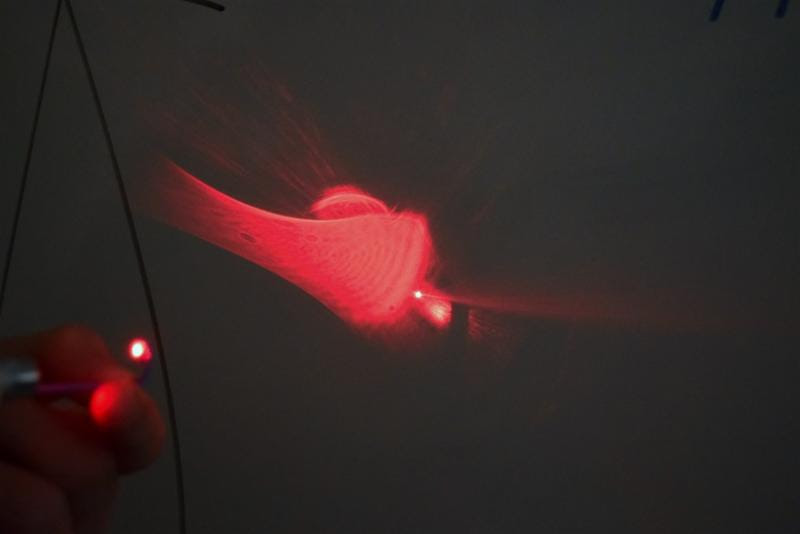 |
| Building microscopes with office supplies |
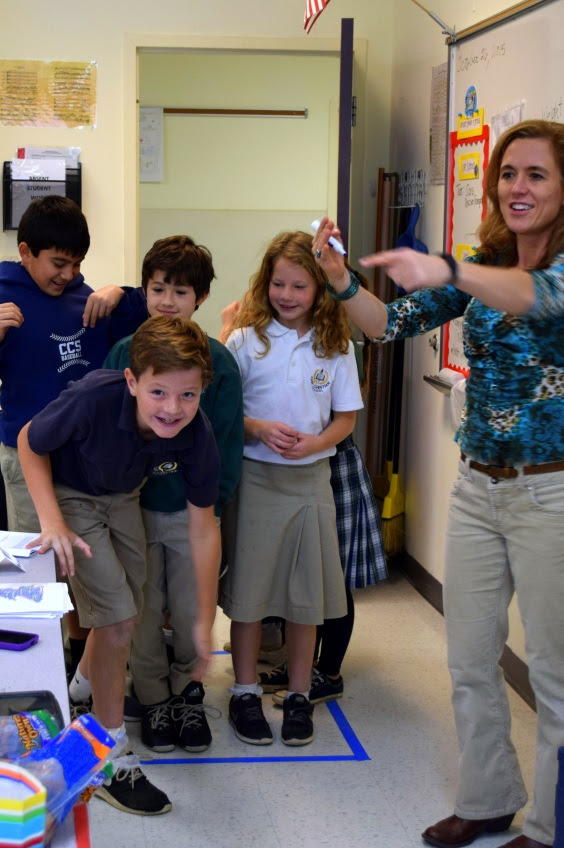 |
|
Density (aka Compactness) Demonstration
|
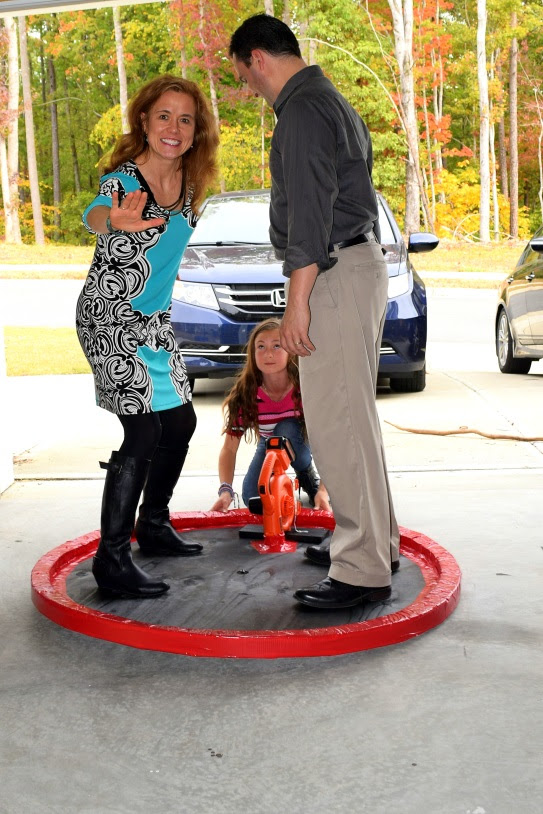 |
| Testing & Refining a Human Hovercraft |
“It seems to me that when confronted with the marvels of life and the universe, one must ask why and not just how. The only possible answers are religious. . . . I find a need for God in the universe and in my own life.”
– Arthur L. Schawlow
(Professor of Physics at Stanford University,
1981 Nobel Prize in physics)
